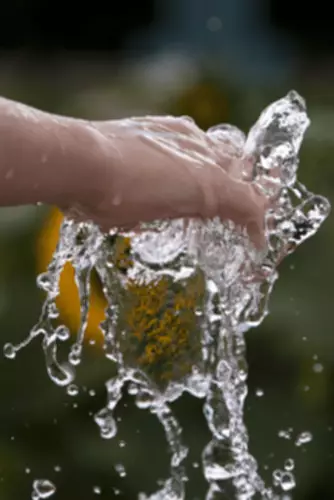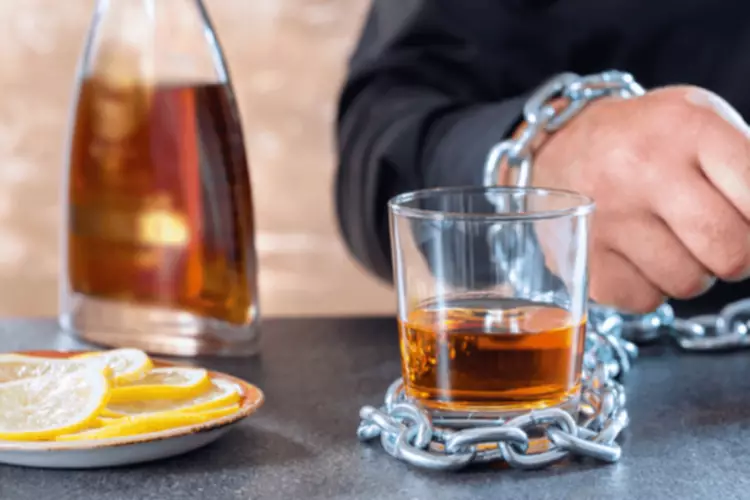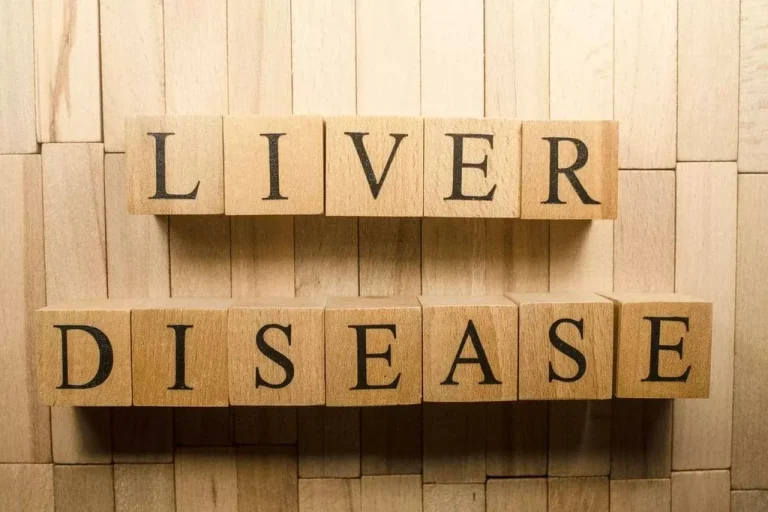How to stop sneezing: 12 natural tips

People can try pinching their nose at the first sign of a sneeze. A person may be able to stifle a sneeze by stimulating the roof of their mouth with their tongue. The belief is that the action of verbalizing something interesting or unusual distracts the brain, which helps prevent the sneeze.
How to treat sneezing at home
- You may develop many symptoms, but you won’t have an anaphylactic reaction.
- One of the best ways to keep from sneezing is to avoid things that trigger you to sneeze.
- Drinking without eating beforehand can also increase the chances of feeling unwell, as the food helps slow the rate of alcohol absorption.
- Ok, so this is something i’ve noticed for years now and always been curious about.
Physical irritants such as bright sunlight can also cause sneezing. The nasoocular reflex involves a connection between the eyes and nose, which causes stimulation of nerves within the nasal mucous membranes. Respiratory tract infections, such as the common cold, can also cause sneezing.
Allergy to Specific Ingredients

In conclusion, the exact reasons behind why some people sneeze after drinking alcohol are not definitively known. The most commonly proposed explanations include congestion, allergies, nerve stimulation, and genetic factors. If this phenomenon causes significant distress or worsens over time, it is recommended to consult with a healthcare professional to rule out any underlying sneeze when drinking alcohol issues. While the main ingredient in beer is water, people with beer allergy symptoms are often sensitive to beer ingredients like wheat, yeast, sulfites, and histamine. If they suspect you have a true allergy to alcohol or another ingredient in alcoholic beverages, they will likely conduct allergy testing. The most common type of allergy testing is the skin prick test.

Can other triggers, such as temperature or emotions, contribute to alcohol-induced sneezing?
Like wine, beer also contains histamines, which can trigger sneezing. In addition, beer is often brewed with hops, comprising a compound called lupulin. When you drink alcohol, it’s absorbed into your bloodstream and quickly travels to your brain. As it does, it causes your blood vessels to dilate or widen.
Are certain types of alcohol more likely to induce sneezing?
Photic sneezing is when someone sneezes when looking at a bright light. There is no evidence suggesting that age or gender has a significant influence on alcohol-induced sneezing. People can also have an oral allergy syndrome — a reaction to fresh fruit and vegetables that may be used as a garnish or a mixer in a cocktail, according to Bassett. Hazelnut or almond in liquor can also be a problem for those with an allergy to nuts. If a person suspects they have an allergy, it’s important they be evaluated by a specialist.
Depending on the allergy severity, a person may treat symptoms with over-the-counter medications, such as oral antihistamines, if the reaction is mild. A skin prick test should take place in a medical setting in case of a severe allergic reaction. If someone experiences a severe allergic reaction, they should go to the emergency room immediately. If they do not have an epinephrine injection to treat anaphylaxis right away, it could be fatal. If a person thinks they have an alcohol allergy, they should eliminate alcohol from their diet and consult with a healthcare professional. The immune system usually produces antibodies to fight harmful substances in the body.

But experts do know that nonallergic rhinitis happens when blood vessels in the nose expand. These blood vessels fill the tissue that lines the inside of the nose. For instance, the nerve endings in the nose might react to triggers too easily. Nonallergic rhinitis involves sneezing or a stuffy, drippy nose. It can be a long-term problem, and it has no clear cause. The symptoms are like those of hay fever, also called allergic rhinitis.
If you find that certain foods make you sneeze, such as strawberries or shellfish, try avoiding them before you drink. This will help to reduce the number of histamines in your system and make it less likely that they’ll trigger a sneeze. This dilation occurs first in the brain, so you may feel flushed or warm after only a few sips of alcohol. The dilation then extends to blood vessels throughout your body, including those in your nose. One older study in people with asthma found that over 40 percent of participants said that drinking alcohol prompted allergy or allergy-like symptoms. Also, 30–35 percent said that it made their asthma worse.
Less common causes




No Comments